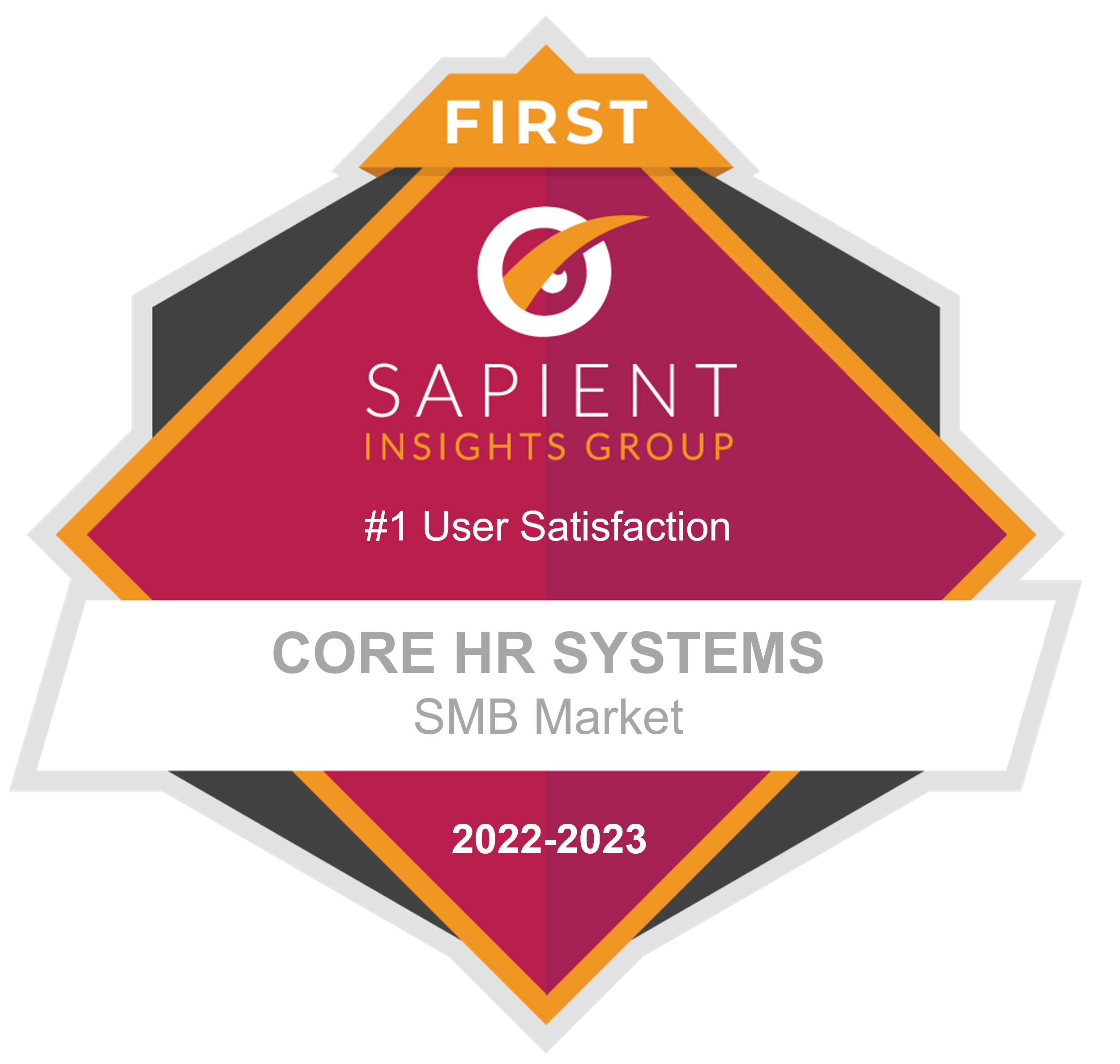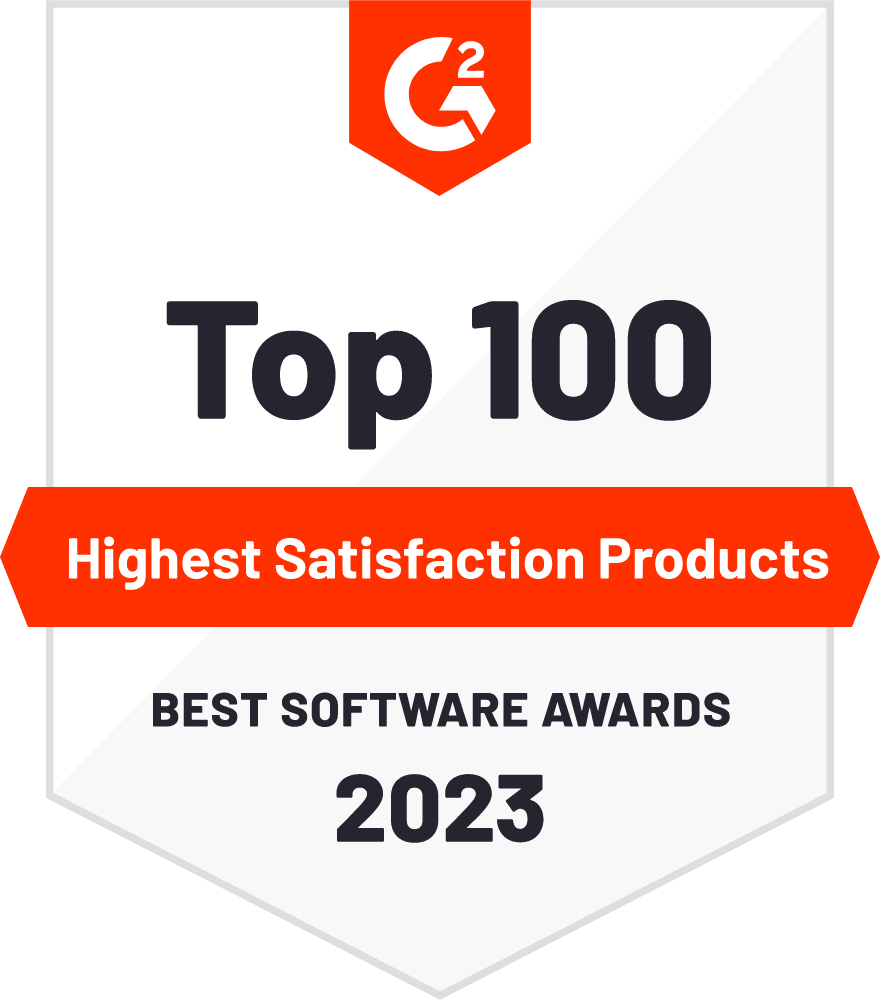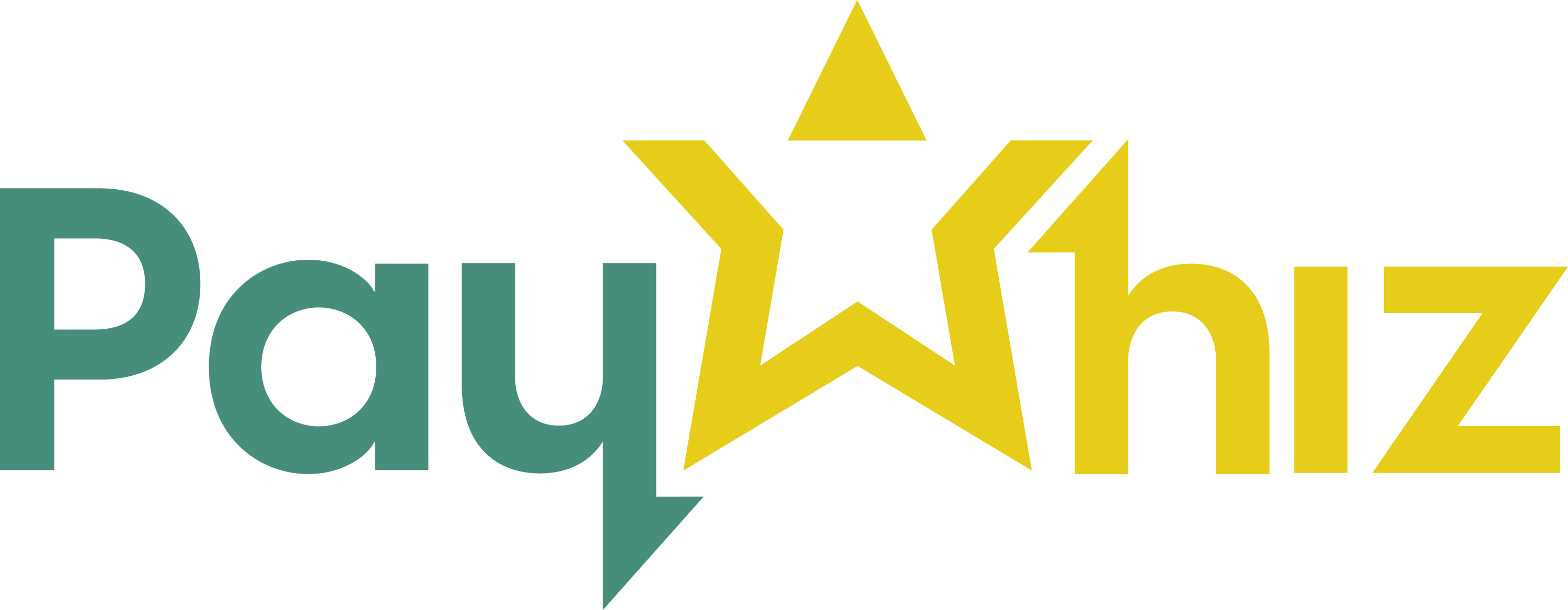WORKFORCE MANAGEMENT
What is Workforce Management (WFM) ?
Workforce management (WFM) is an integrated set of processes that a company uses to optimize the productivity of its employees. WFM involves effectively forecasting labor requirements and creating and managing staff schedules to accomplish a particular task on a day-to-day and hour-to-hour basis.

Choosing a workforce management solution
Industry, location, workforce characteristics and strategic goals generally determine which workforce management solution is right for a business. Despite these variables, many employers follow these steps when evaluating providers:
Define the existing state of processes
Outline the WFM processes that are in place today and who’s responsible for them.
Gather feedback
Talk to key stakeholders about their current pain points and where they’d like to see improvements.
Create a wish list
Prioritize the requirements of a new WFM system and begin to evaluate potential providers based on those points.
What are the benefits of workforce management?
The right workforce management solution, when implemented and used effectively, can help employers:
With digital auditing technology you can transform your expense tracking into a strategic business asset and optimize your financial health.
Control costs
Overstaffing, excessive overtime and other costly expenses can be minimized by using technology to forecast labor needs. With some advanced WFM solutions, employers can even see how budgets are impacted by schedules as they’re created.
Run payroll with greater accuracy
Workforce management software makes payroll more reliable because it automatically analyzes hourly labor and identifies patterns of overtime.
Minimize compliance risk
Overlapping FMLA and state leave laws are more easily managed with automated workflows that track employee eligibility and leave balances. In addition, the online recordkeeping available with WFM software is helpful if there’s ever an audit by a government agency.
What are the functions and features of a workforce management solution?
Labor forecasting
Fluctuations in consumer demand, holidays and even the weather can make it difficult to maximize or even stay within labor budgets. But by modeling these scenarios, employers can anticipate factors that may lead to over or understaffing.
Scheduling
When creating schedules, employers have the ability select employees based on a number of criteria, including experience, skills, preference, etc. Workers can also exchange shifts amongst one another or share their availability in advance to avoid gaps in coverage.
Time tracking
WFM solutions capture data at the source – time clocks, kiosks, mobile apps, web-based timesheets and points of sale (POS) devices – and automatically apply specific business rules to help ensure accurate and efficient payroll processing.
Here's What People Say About isolved




